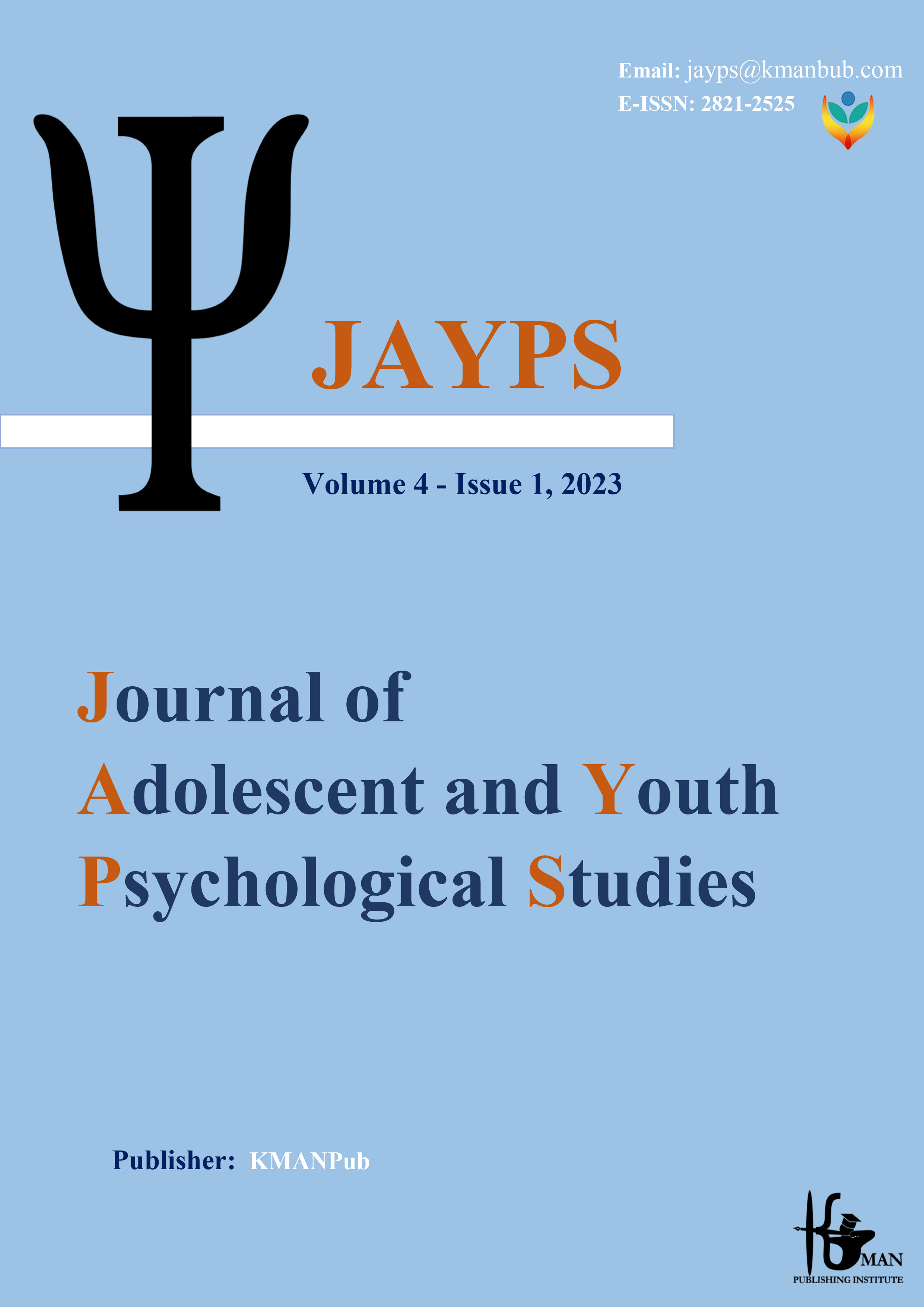Comparison of the effectiveness of two methods of treatment based on acceptance and commitment and Beck cognitive therapy on aggression and irresponsibility of students
Keywords:
Irresponsibility, Aggression, Commitment and Acceptance, Beck Cognitive TherapyAbstract
Background and Aim: Young people, including students in any society, are considered the intellectual and spiritual assets of that society and are the builders of that society's future, so these people are the ones who must accept the responsibilities of that society in the future. Studying the specific issues of young people, successful education and ensuring their physical and mental health is one of the most important goals of government educational planners. Therefore, the aim of this study was to compare the effectiveness of two methods of treatment based on acceptance and commitment and Beck cognitive therapy on aggression and irresponsibility of students of Islamic Azad University، Islamshahr Branch. Methods: The present study was a quasi-experimental study with pre-test and post-test design and follow-up with the control group and using the selection of subjects in the experimental and control groups. The statistical population of this study is students who referred to the Mental Health Counseling and Services Center of Islamic Azad University، Islamshahr Branch from April 2014 to September 2017. The sample size was 45 students who were selected by purposive sampling method from the statistical population and were randomly assigned to three groups of acceptance and commitment therapy experiments (n = 15)، cognitive therapy (n = 15) and control (n = 15). Both experimental groups were trained for 10 sessions of 90 minutes and no intervention was performed for the control group (third group). The content of the interventions in the ACT and CT experimental groups was presented in 10 sessions based on the training package. The research instrument included a Minnesota Multidimensional Personality Questionnaire 2- Reconstructed Form. In this research، the statistical model of repeated measures measurement has been used. Results: The results showed that both treatments significantly improved aggression and irresponsibility compared to the treatment group, in other words, these two treatments in the post-test and follow-up stages were able to significantly reduce the scores of aggression and irresponsibility towards the treatment group. Moreover, the results showed that "group therapy based on acceptance and commitment" is more effective on the variable "aggression" than "Beck cognitive therapy"؛ While the effect of "Beck cognitive therapy" is more effective than "group therapy based on acceptance and commitment" on the variable "irresponsibility. Conclusion: According to the findings، it is concluded that group therapy based on acceptance and commitment can be effective in improving students' aggression and Beck cognitive therapy in improving their irresponsibility.
Downloads
Downloads
Published
Submitted
Revised
Accepted
Issue
Section
License

This work is licensed under a Creative Commons Attribution-NonCommercial 4.0 International License.









